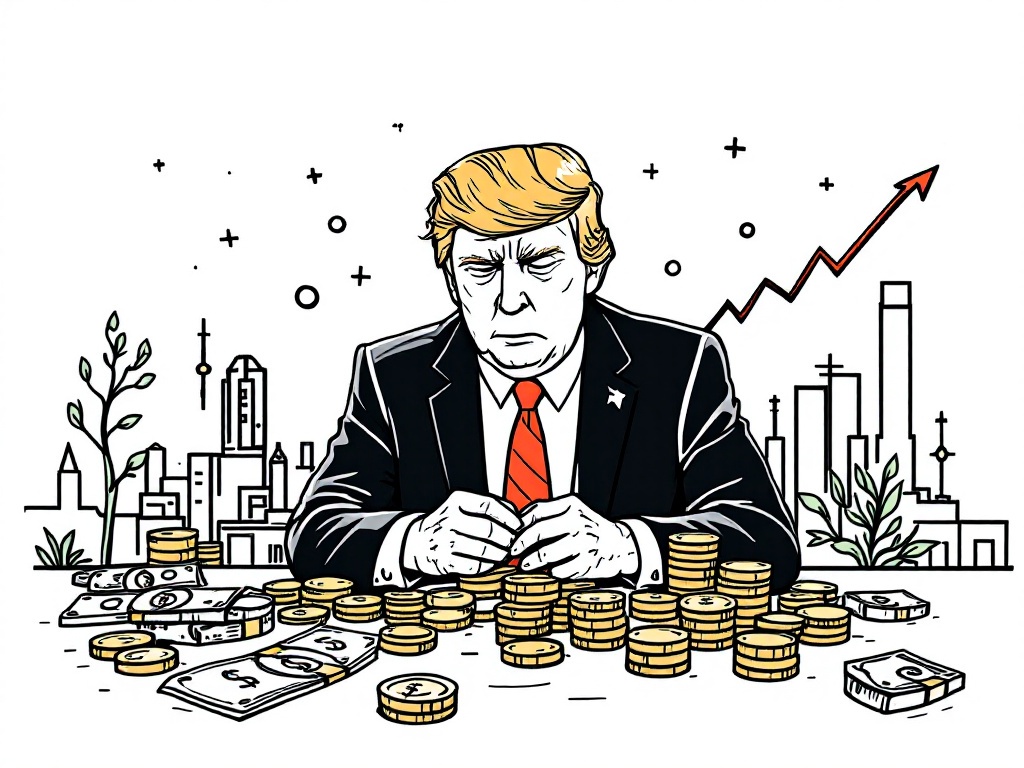Americans' Economic Anxiety Grows Amid Trump's Tariff Policies

Washington D.C., Thursday, 24 April 2025.
A recent poll shows that over half of Americans now expect worsening personal finances due to Trump’s tariffs, reflecting deepening economic concerns and a potential decline in consumer confidence.
Economic Sentiment Impacted by Tariffs
A recent AP-NORC poll reveals a notable decline in American economic optimism as more than half the population now believes that tariffs will negatively impact their personal finances. A majority of these individuals attribute their concerns directly to President Trump’s aggressive tariff policies, which have escalated tensions and uncertainties. Approximately 52% of U.S. adults oppose the imposition of sweeping tariffs on imports, reflecting a shift from earlier this year when support for such measures was somewhat higher [1].
Tariffs and Market Reactions
The influence of tariffs extends beyond consumer sentiment, affecting major companies such as Boeing. Recently, Boeing’s shares dipped by nearly 3% following the return of aircraft initially intended for Chinese airlines. These incidents have heightened investor anxiety, demonstrating the tangible impact of escalating tariffs on corporate profitability and stock market volatility [2].
Global Economic Uncertainty
The International Monetary Fund (IMF) has raised concerns regarding the broader implications of U.S. trade tensions, warning that such policies could destabilize the global economy. Kristalina Georgieva, IMF’s Managing Director, emphasized the urgent need to resolve these tensions to prevent further market volatility and economic instability. The IMF’s recent assessments indicate rising recession risks in the U.S., projecting a possibility as high as 60% within the coming year if current policies persist [3].
Consumer Confidence and Economic Indicators
Amidst these developments, economic indicators such as consumer confidence indices have shown significant declines. The University of Michigan’s consumer sentiment index, for example, dropped to its lowest point since the Great Recession. This decline is mirrored by reduced spending expectations among American households, foreseeing further constriction unless tariff-related uncertainties are alleviated [4].